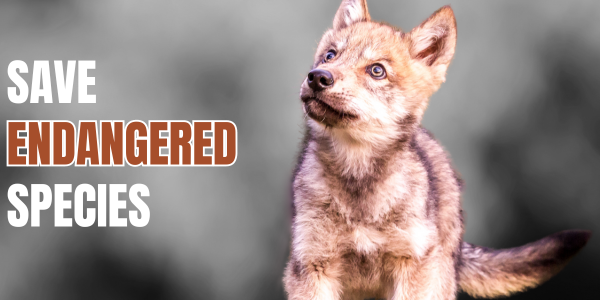Powder River coal – disastrous consequences for our climate
Powder River Basin
The Powder River Basin in northeast Wyoming and southeast Montana is the largest coal-producing region in the United States, where the nation’s largest coal companies operate the world’s largest coal mines. Most of this coal is located on our public lands and is owned by the American public.
Coal mining in the Basin has disastrous consequences for our climate. Nearly half of the coal burned in the United States comes from mines in the Basin, contributing to 10 percent of the country’s greenhouse gas emissions. And under Trump and Interior Secretary Zinke, the federal government is pushing for still more mining.
For nearly a decade, WildEarth Guardians has been confronting coal mining in the Powder River Basin. While we’ve scored some major victories along the way, our work in the Basin won’t be finished until all of our coal is kept in the ground, where it belongs.
%
Amount of U.S. coal production that comes from the Powder River Basin
Tons of coal produced by Powder River Basin mines in 2017
Metric tons of carbon produced by plants burning Powder River Basin coal
The Social Cost of Carbon
Carbon emissions exact a toll on our society in the form of environmental destruction, impacts to human health, and extreme weather. These costs are described as the “social cost of carbon”.
For years, scientists have assessed this cost. In 2017, they assigned it a value of $50 per ton of carbon dioxide released.
That means the coal-fired plants burning Powder River Basin coal impose a cost on society of more than $28 billion.
Air pollution from these plants is also linked to more than 2,500 deaths every year, in addition to heart attacks, asthma attacks, emergency room visits, and other catastrophic effects on human health.
But there is a light at the end of the mine shaft. As mining coal becomes less economically feasible, coal-fired power plants across the United States are shutting down. Nearly 40 plants burning Powder River Basin coal are already scheduled for retirement, and many of those that aren’t yet scheduled are approaching the end of their lifespan.
Therefore, in addition to challenging new coal leases in the Powder River Basin, we also advocate for measures that will help communities and miners once the economy shifts away from coal. If we help our nation transition away from its reliance on dirty energy, then we can truly keep coal in the ground for good.
